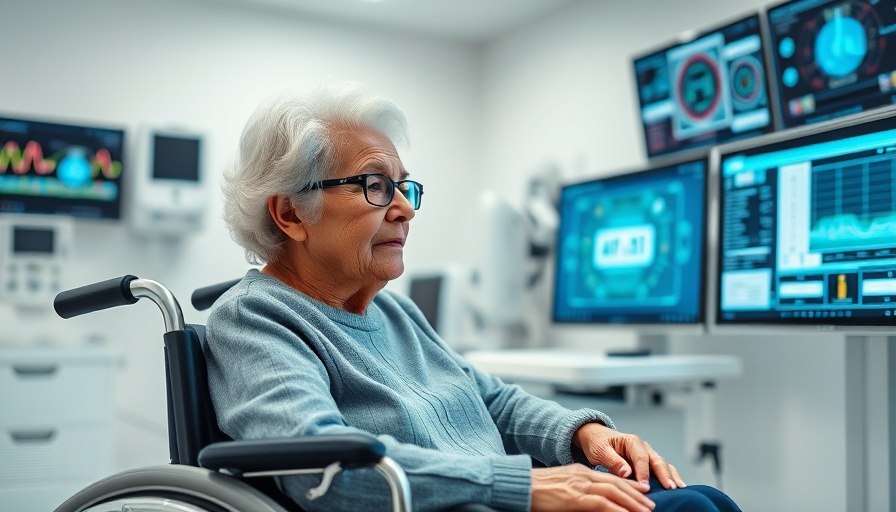
A Remarkable Journey: AI Versus Aphasia
In a stunning demonstration of the advances in artificial intelligence (AI), scientists have made groundbreaking progress in restoring speech to stroke survivors who have lost the ability to communicate. An astonishing 18 years after a debilitating stroke stole her voice, one individual has witnessed a miraculous return to speech, all thanks to cutting-edge technology that translates thoughts into spoken words.
The Science Behind the Breakthrough
This transformative achievement was made possible through the integration of AI with brain-computer interfaces (BCI). Researchers implanted electrodes in the brain to capture neural activity, which was then decoded using sophisticated algorithms. The technology essentially reads the brain’s activity patterns when a person thinks about speaking or forming words.
In one recent case study, scientists monitored the brain signals of a patient over months, translating her intentions into speech using a synthesizer. This process not only brings hope to stroke victims but also holds great promise for individuals affected by other neurodegenerative disorders such as ALS or Parkinson's disease.
The Emotional Impact and Social Implications
The emotional toll of losing verbal communication is profound. Many individuals, like the case study participant, struggle with feelings of isolation and frustration. Restoring the ability to speak can significantly enhance their quality of life, allowing for deeper social connections and independence. It also ignites conversations around ethical considerations regarding AI's role in healthcare. As scientists push the boundaries of technological capabilities, questions about safety, privacy, and the implications of AI in mental and physical health continue to rise.
Looking to the Future: Trends in AI and Healthcare
Experts predict that advancements in AI will not only accelerate the possibilities for speech restoration but will also revolutionize treatment methods for various neurological conditions. As the technology becomes more refined, it is expected to lead to personalized care plans tailored to individual patients' needs. Such innovations might offer profound changes in patient interactions during therapy, making treatment more interactive and catered to personal experiences.
Conclusion: Embracing the Future of Communication and Connection
The reunion of the stroke survivor with her voice through AI is not just a scientific success story; it represents a beacon of hope for countless individuals. As we continue to explore the intersection of technology and human experience, it becomes vital to consider the implications and possibilities AI holds for transforming lives. The advancements in speech restoration challenge us to reflect on how we can leverage technology to foster communication, improve health, and create greater societal connections.
Stay connected with updates on these revolutionary findings in AI and healthcare – as technology evolves, so do the possibilities for healing and innovation.
 Add Row
Add Row  Add
Add 




Write A Comment